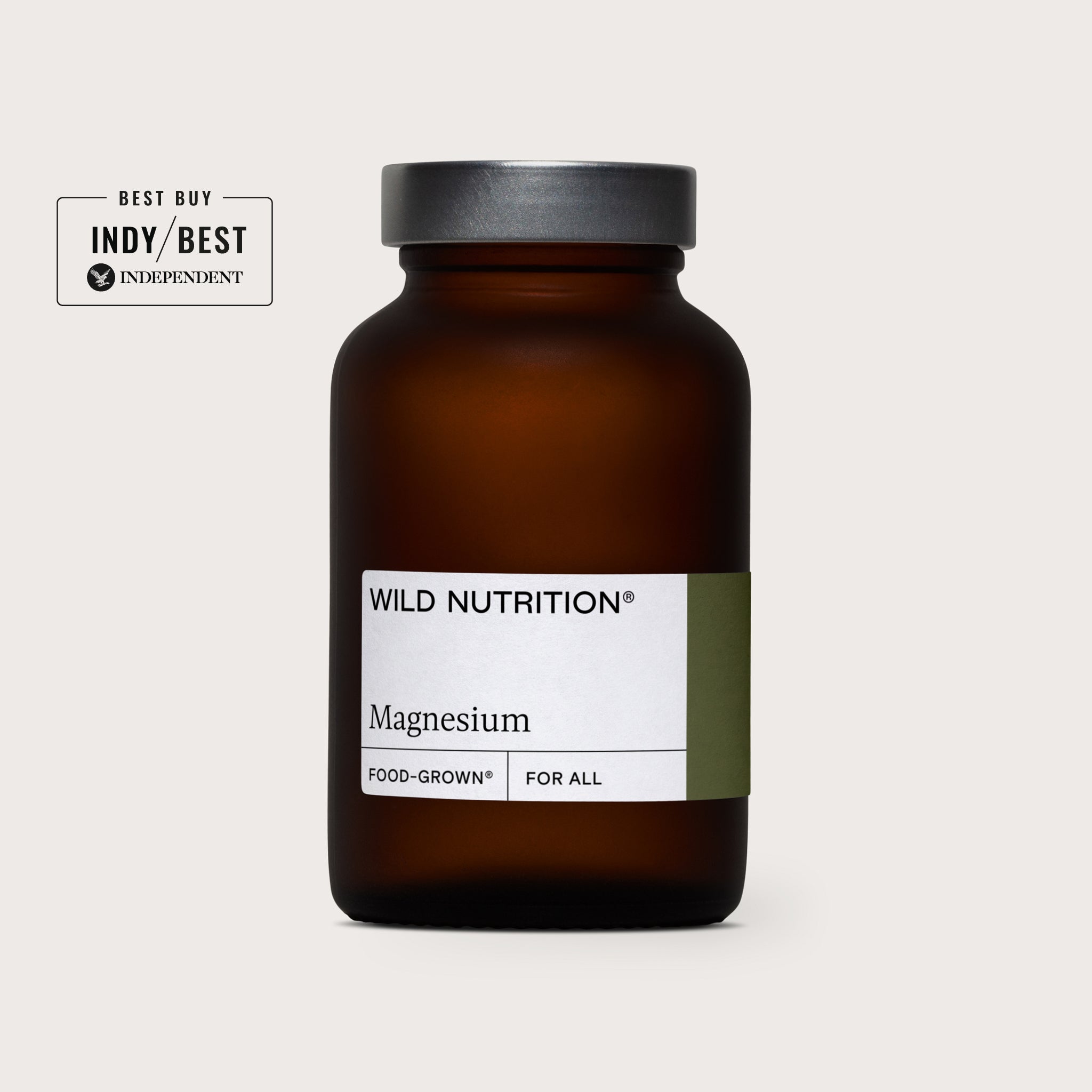
Polycystic Ovary Syndrome (PCOS). How can I best support myself naturally?
BY HENRIETTA NORTON, Founder & Formulator at Wild Nutrition
The prevalence of PCOS is thought to be 8-13% of reproductive-aged women with a worrisome belief that up to 70% of cases are undiagnosed. It involves a constellation of clinical and biochemical features some of which are not yet fully understood. However, what is known is that women with PCOS produce a higher amount of a group of hormones called androgens such as testosterone. It is thought that this excess is produced by both the adrenal glands and the ovaries themselves and is both affected by and causes, imbalances in insulin, a pivotal hormone for blood sugar management. PCOS is thought to be genetic and carries an increased risk of developing Type 2 Diabetes.
Imbalances in both androgens and insulin can result in symptoms including:
- An irregular menstrual cycle
- Acne
- Body hair
- Weight management issues
- Mood changes
- Reduced ovulation or anovulation (cessation of periods).
Some women experience a number or a few of these symptoms and would be diagnosed with Polycystic Ovarian Syndrome. However, some women do not experience any of the symptoms but still present with polycystic ovaries and in these cases would be diagnosed as having Polycystic Ovaries rather than PCOS.
PCOS is a complex condition involving multiple systems and therefore requires holistic support with diet and exercise playing a deeply supportive role in any treatment plan.
Supporting healthy glucose regulation is recommended, with a diet low in refined grains and high glycaemic foods, refined sugar and trans fats; and rich in fibre from a variety of vegetables and pulses, as well as nourishing fats from seeds, nuts, olive oil and avocados.
Reducing exposure to synthetic compounds known as xenoestrogens, which interact with hormone receptors whether environmental, dietary or in toiletries and cosmetics can also be helpful. There is evidence to suggest that the health of the digestive system, liver, and thyroid can also influence the development and progression of PCOS.
Exposure and resilience to physical and psychological “stressors” can also play a role and finding the right support for balance in daily life is crucial, whether that is through gentle massage, reading, music or spending time in nature as often as possible.
Regular exercise improves the body’s production of sex hormone binding globulin (SHBG) which helps regulate oestrogen and testosterone and support mood, stress and balance weight.
In Nutritional Medicine we also use a combination of nutrients and fatty acids including:
- Chromium
- Alpha Lipoic Acid
- B vitamins (especially inositol and Vitamin B6)
- Magnesium
- Zinc
Vitamin D and Omega 3 fatty acids can support glucose regulation and hormonal clearance as well as a number of herbs too. To find the most appropriate and bioavailable supplement plan that works for you please book in for a consultation with our team of Nutritional Therapists.
Other articles of interest:
Being a 'mother' to ourselves
Magnesium: are you getting enough?













